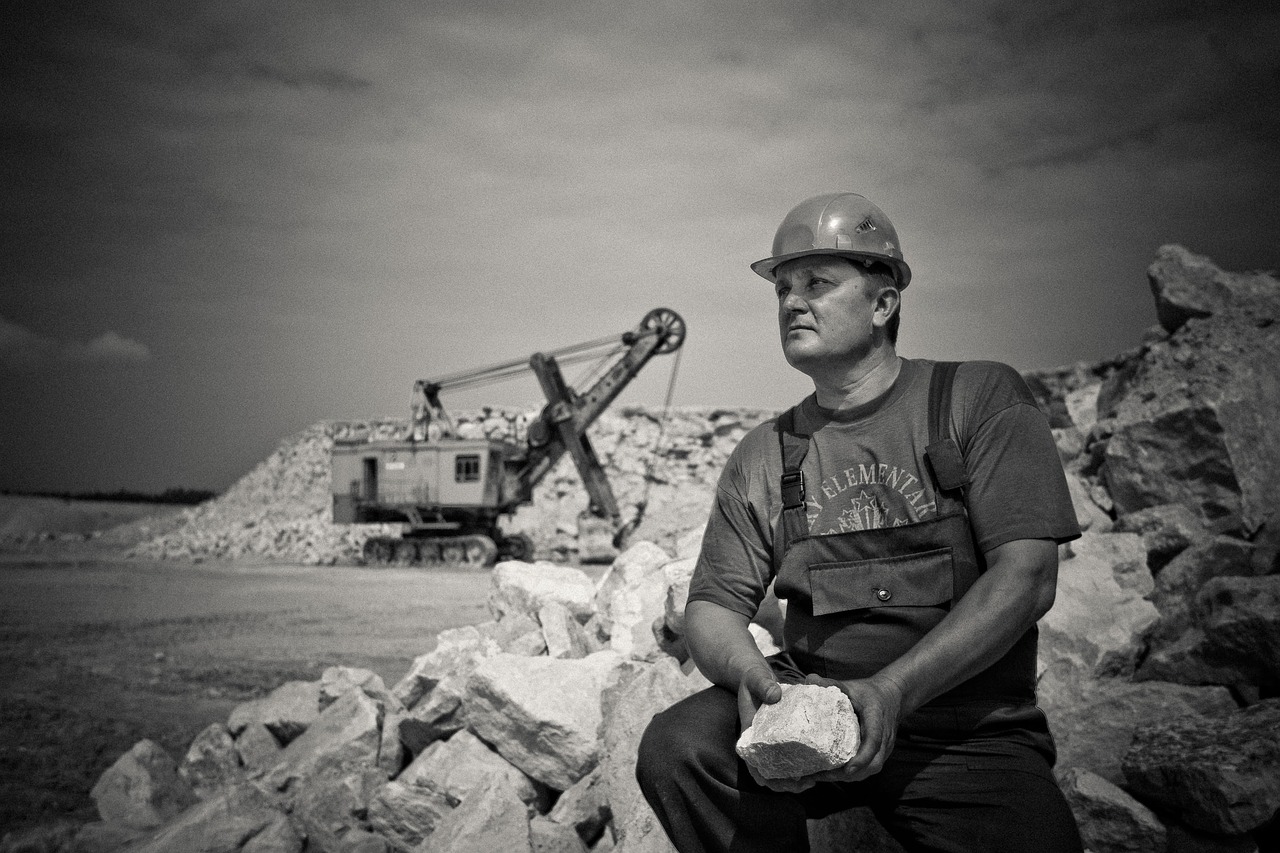 EMERGING TECH
EMERGING TECH
 EMERGING TECH
EMERGING TECH
 EMERGING TECH
EMERGING TECH
Open Mineral, an online metal and mineral exchange based in Switzerland, announced today the company’s upcoming launch of a distributed ledger blockchain platform to serve a consortium of mining companies and financial institutions.
The platform, dubbed Minerac, will be established in partnership with U.S.-based startup ConsenSys Inc., which provides a decentralized information service based on the Ethereum blockchain. Open Mineral will use Minerac to connect the entire mineral supply chain from mining, shipping, surveying, warehousing and financing.
The Minerac blockchain, based on the same technology that underlies digital currencies such as bitcoin, would be used to identify, track and verify shipments of minerals and accompanying trade documents. Using this technology, much of the process of managing the tracking of products through a supply line would also be automated, making the process faster and less error-prone.
As a globally shared ledger of information, a blockchain provides a tamperproof technology for storing a history of transactions that can be used to provide member companies systemic trust and give auditors deep insights into past activities.
“Logistics are complex, financing is difficult to acquire and the entire process is very paper-heavy,” said Open Mineral Chief Executive Boris Eykher. “The industry is primed for blockchain disruption to simplify the trading process and increase efficiency and profitability.”
According to a report from the U.S. Geological Survey, mines in the U.S. produced an estimated $74.6 billion in minerals during 2016. The U.S. also relies heavily on imports and is completely reliant on imports for 20 mineral commodities, including rare earth metals manganese and niobium, which are considered critical for the economy.
Open Mineral said Minerac will allow stakeholders to exchange critical trade documents, such as bills of lading and letters of credit, securely using smart contracts. Smart contracts are a protocol built on blockchain technology that allows two (or more) competing parties to write a programmable digital contract that triggers under certain conditions.
With smart contracts, miners, transport, warehousing or others could apply for payments according to transactions submitted to the blockchain showing that mineral crates had moved through the supply chain. These triggers would be part of an automated management system that could be audited to see what hands a tracked mineral shipment passed through, what was done to it and how it got to where it is now.
To make that possible, after being pulled from the ground by a mining company, sealed bags of minerals would be tagged with tamperproof physical identification and a cryptographic identifier. This would then allow that bag, and its vital stats – contents, weight, markings and disposition could be possible metadata – to be traced through the entire supply line.
The idea is to ensure that minerals, once bagged and tagged, reach their destination without being tampered with, are properly identified and comply with international regulations.
Regulations would include not transacting in minerals from complaint or conflict regions of the world known as “conflict minerals.” Possible conflict minerals include cassiterite (for tin), wolframite (for tungsten), coltan (for tantalum) and gold ore sourced from conflict-torn areas such as the Congo. All the minerals listed see significant use in consumer electronics such as cell phones, personal computers, televisions and other products.
The platform built by Open Minerals and ConsenSys echoes work by a similar industry: diamond mining. De Beers Group early this year announced it intends to launch its own diamond tracking blockchain technology.
The diamond authenticity supply blockchain would provide a transparent way for auditors to confirm that products shipped and sold by De Beers, and other industry companies, would not be sourced from regions that produce “conflict diamonds.”
Open Mineral, through Minerac, expects to provide the mineral trade industry a way to show greater trust in its operations, increase efficiency for tracing and authenticating shipments and lower costs for auditing and management of supply chains.
Support our mission to keep content open and free by engaging with theCUBE community. Join theCUBE’s Alumni Trust Network, where technology leaders connect, share intelligence and create opportunities.
Founded by tech visionaries John Furrier and Dave Vellante, SiliconANGLE Media has built a dynamic ecosystem of industry-leading digital media brands that reach 15+ million elite tech professionals. Our new proprietary theCUBE AI Video Cloud is breaking ground in audience interaction, leveraging theCUBEai.com neural network to help technology companies make data-driven decisions and stay at the forefront of industry conversations.